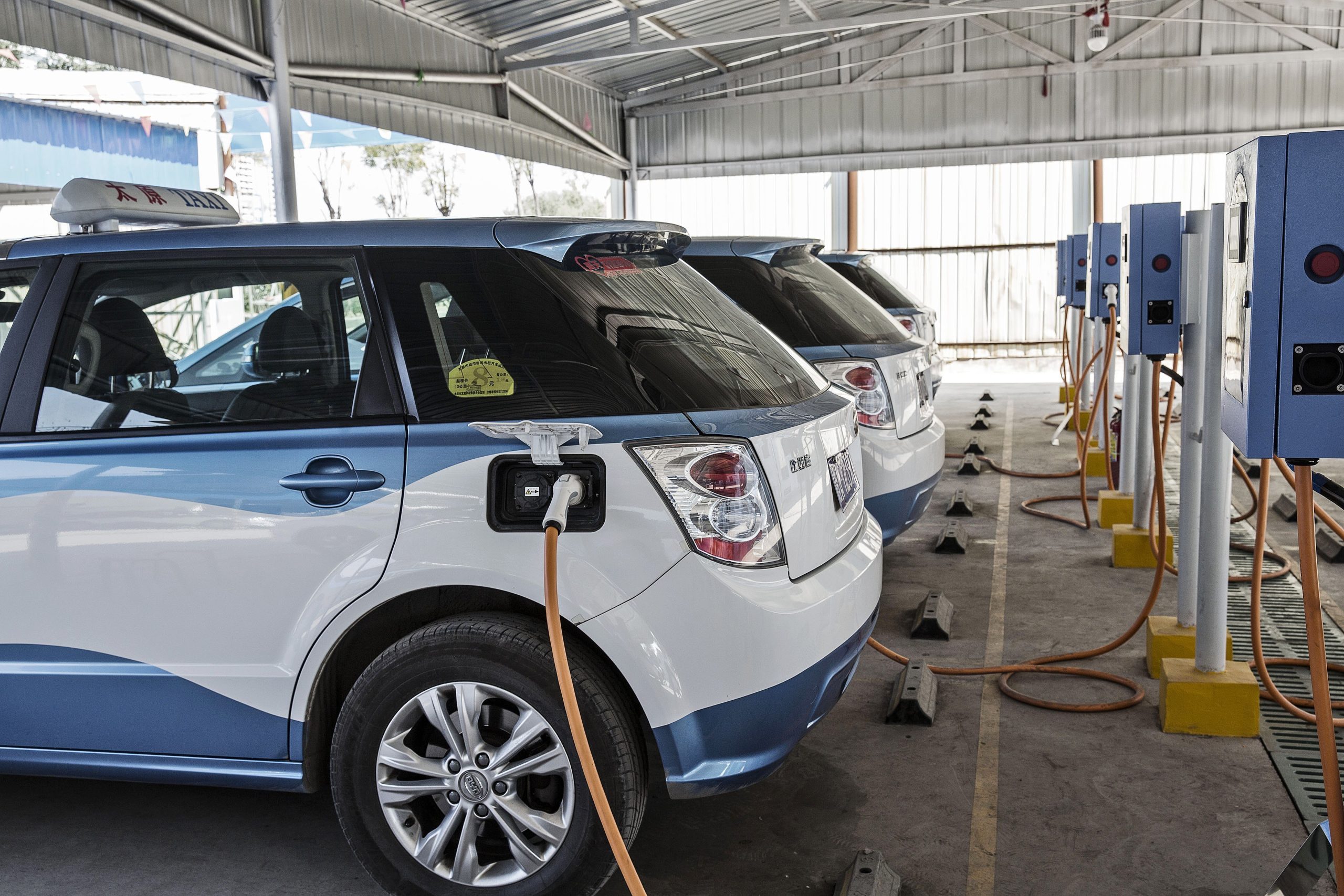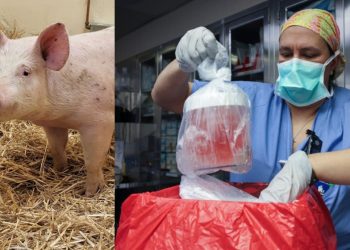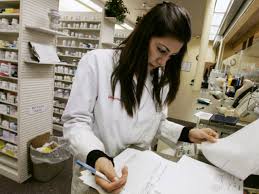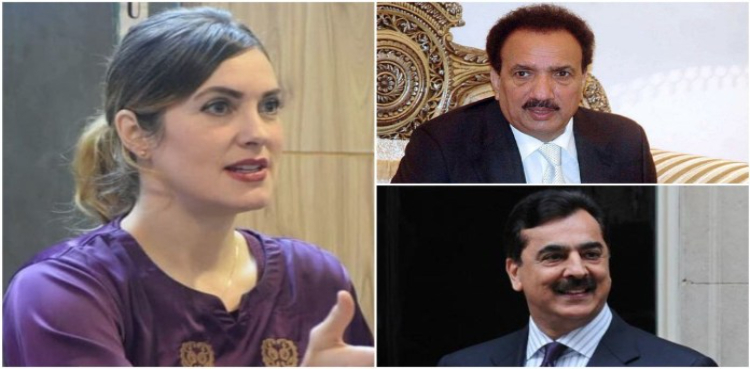AstraZeneca, which is developing a leading coronavirus vaccine with Oxford University, says it is too early to deliberately expose vaccine trial participants to the pathogen.
The drug manufacturer, however, believes that it may become an option if ongoing trials hit a snag.
The pharmaceutical has started phase 2 and 3 trials of a vaccine, and will need a certain number of participants to become infected in the course of their normal lives to achieve a reliable reading from the study over the next few months.
“We are running against time. We are seeing already in Europe the disease is declining… Very soon the disease intensity will be low, and it will become difficult, so we have to move very quickly,” Soriot said in an online briefing.
“If the disease gets to a very low level, maybe challenge studies will have to be considered. But we felt it’s too early today to do that,” he added.
So-called human challenge trials have been discussed as an alternative option by scientists, whereby vaccinated volunteers are infected intentionally.
The United States last week secured almost a third of the first 1 billion doses planned for AstraZeneca’s experimental COVID-19 vaccine by pledging up to $1.2 billion.
More than 100 vaccine candidates against SARS-CoV-2 are in development, with about 12 in human testing designed mainly to evaluate safety.
It is anticipated that a successful vaccine will take more than a year to develop and companies and governments are pouring money into dozens of programmes as their best hope of allowing a durable escape from lockdowns and get economies expanding again.


















































